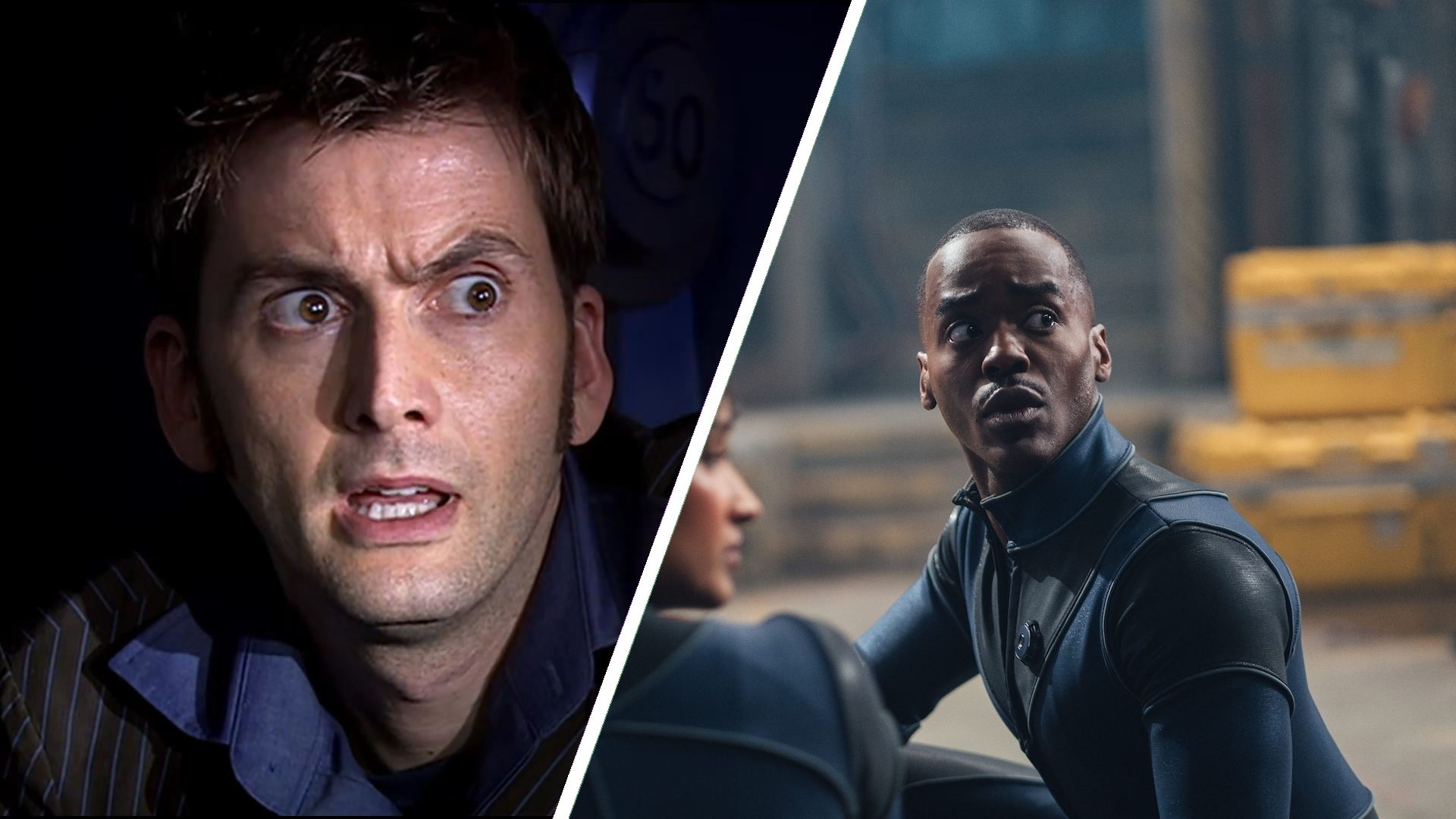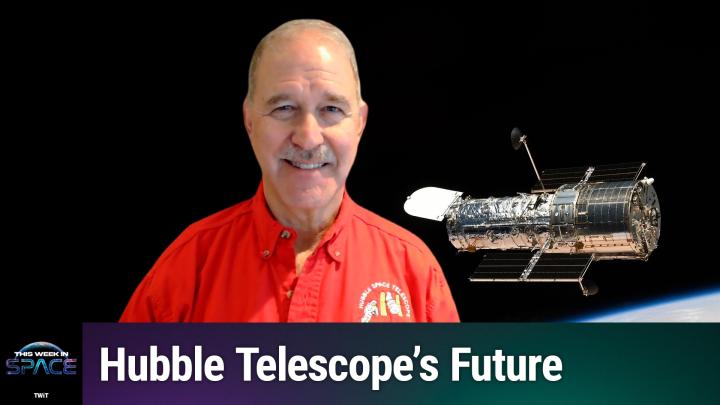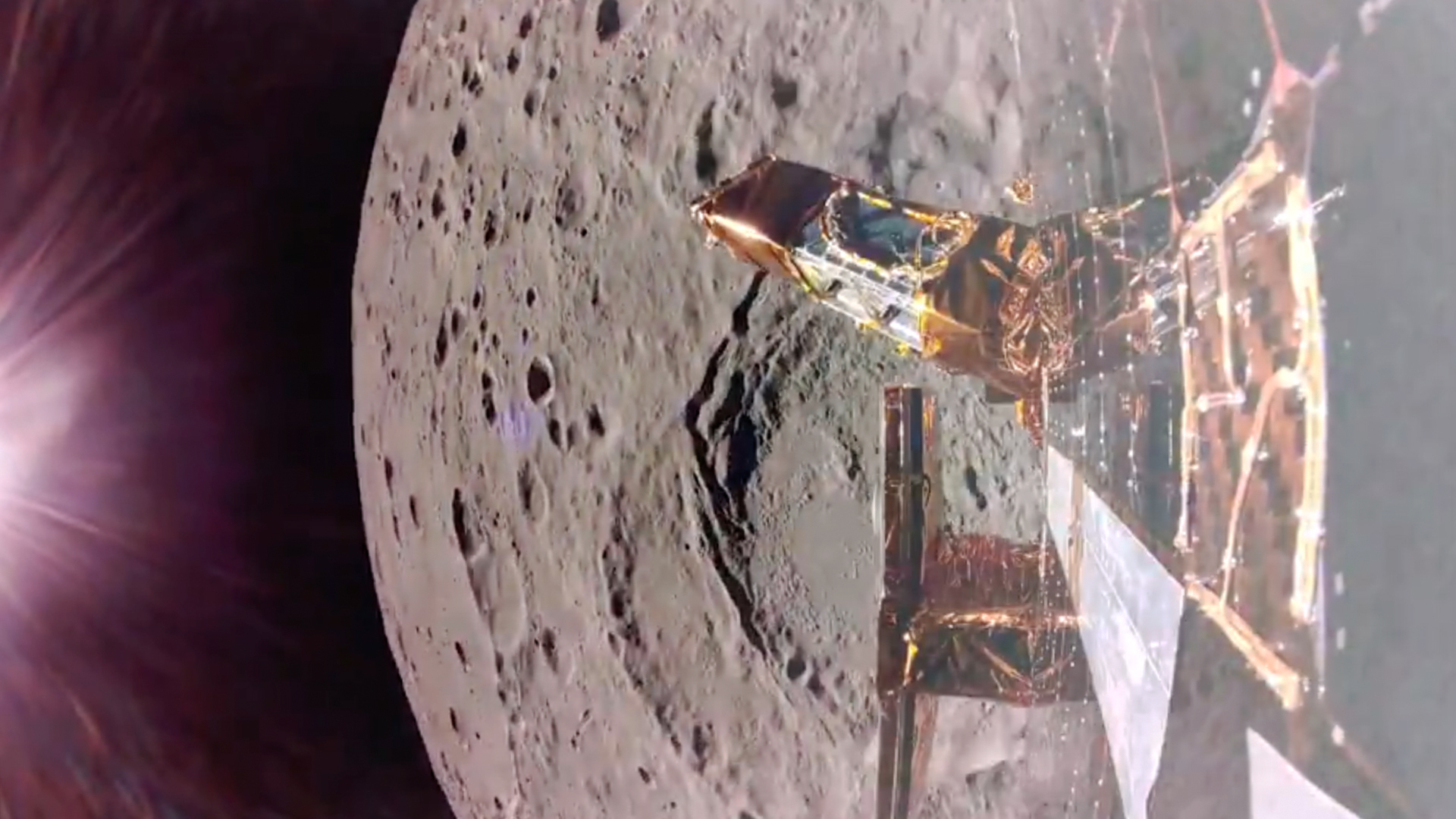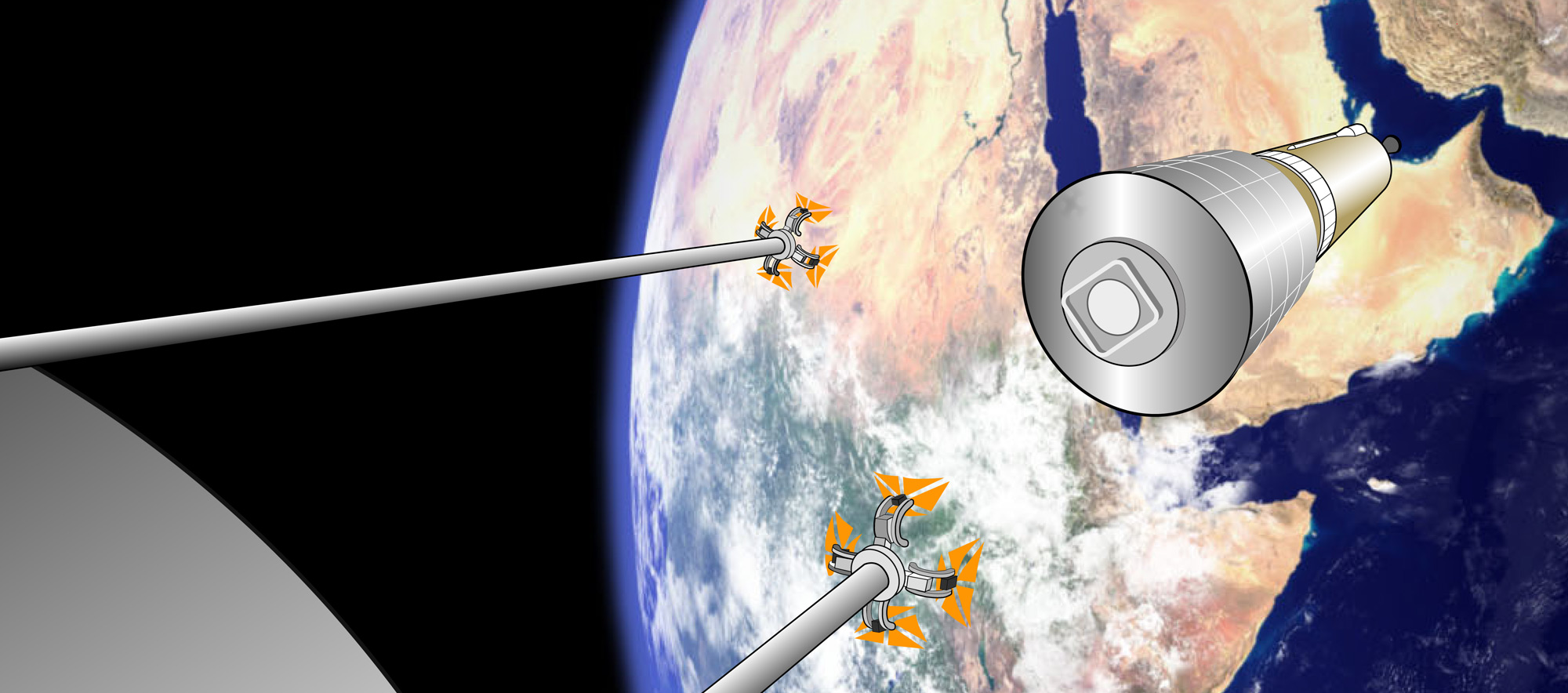
A company developing a new tool that is able to grab and grapple satellites in orbit has won first prize in a space business competition.
Altius Space Machines won the $25,000 grand prize in the NewSpace 2011 Business Plan Competition, which was held over the weekend at NASA's Ames Research Center in Mountain View, Calif. The contest aims to help startup space firms come up with potentially game-changing technologies.
Altius won for its nascent "Sticky Boom" technology, which uses electroadhesion to grab onto pretty much any surface. The company says the Sticky Boom could snag satellites at a distance and reel them in, making docking and rendezvous operations easier.
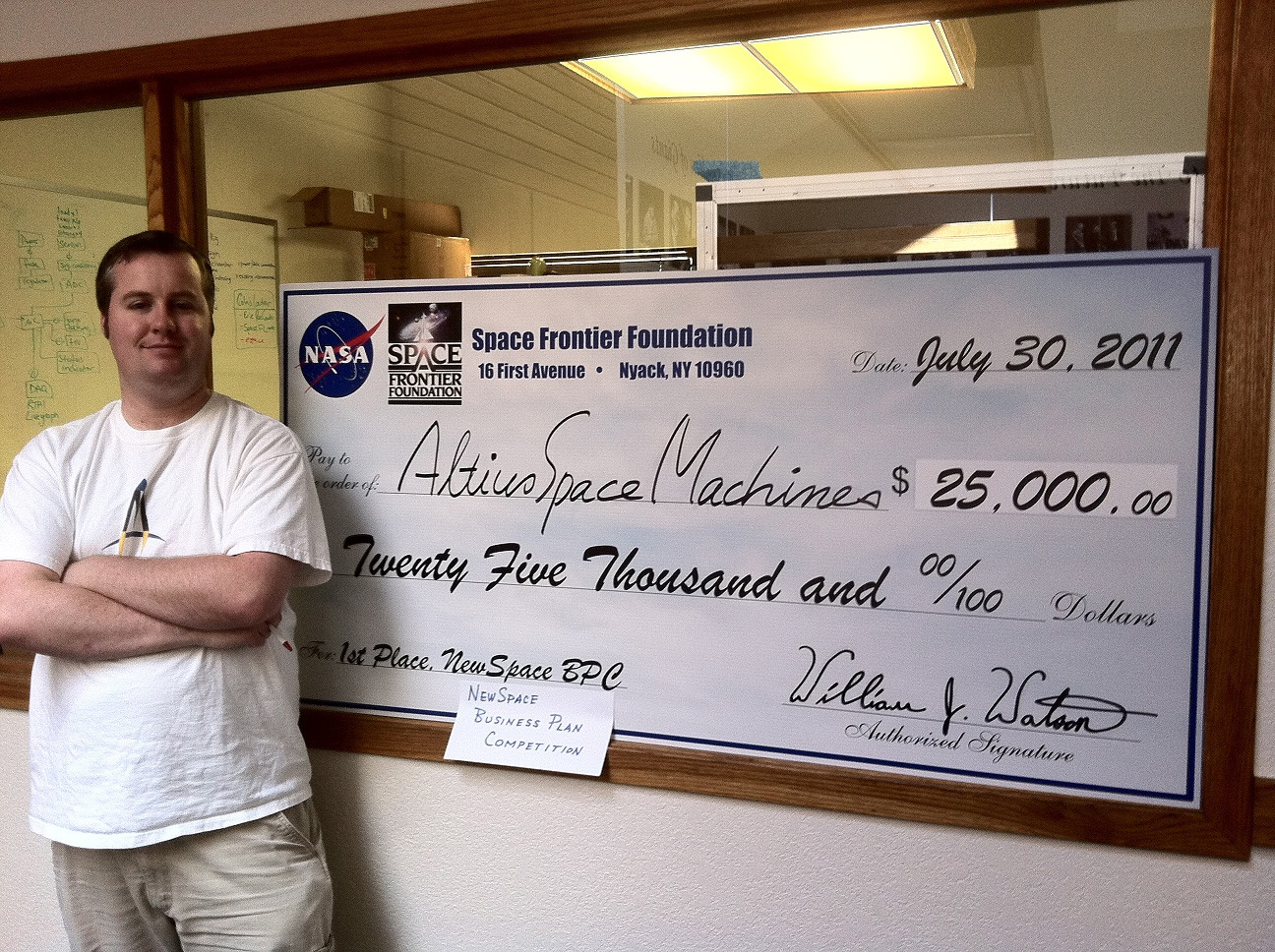
Once developed, the Sticky Boom could be put to work reeling payloads onto the International Space Station, Altius officials said. It could also aid in satellite servicing and the removal of orbital debris. [Worst Space Debris Events of All Time]
Twenty-five companies entered the competition, which was sponsored by NASA and the Heinlein Prize Trust. Five finalists presented their plans at Ames Friday (July 29) during the NewSpace 2011 conference, and three winners were announced Saturday night.
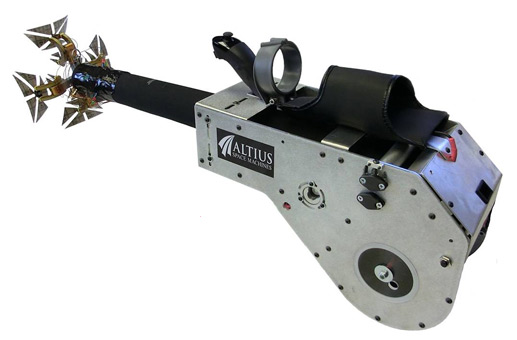
The $5,000 second prize went to Celestial Circuits, which is developing a line of standardized, low-cost flight computers. Final Frontier Design, which builds and tests spacesuits, won the $2,500 third prize.
The other two finalists were New Space Publishing, which wants to put out a print magazine devoted to commercial spaceflight, and Solar Flare. Solar Flare, founded by Michigan high schoolers Shannon and Mikayla Diesch, pitched the Brainstorm Bar, which is supposed to boost brain health. It flew into space earlier this year on the space shuttle Endeavour's STS-134 flight.
Get the Space.com Newsletter
Breaking space news, the latest updates on rocket launches, skywatching events and more!
While Altius walked away with the top prize, all of the finalists had good ideas, according to Tom Olson, the competition's project manager.
"They all nailed it," Olson, managing partner at Exodus Consulting Group in New York City, told SPACE.com after the finalists' presentations Friday. "I think all of them have a shot of going somewhere and doing something."
You can follow SPACE.com senior writer Mike Wall on Twitter: @michaeldwall. Follow SPACE.com for the latest in space science and exploration news on Twitter @Spacedotcom and on Facebook.
Join our Space Forums to keep talking space on the latest missions, night sky and more! And if you have a news tip, correction or comment, let us know at: community@space.com.

Michael Wall is a Senior Space Writer with Space.com and joined the team in 2010. He primarily covers exoplanets, spaceflight and military space, but has been known to dabble in the space art beat. His book about the search for alien life, "Out There," was published on Nov. 13, 2018. Before becoming a science writer, Michael worked as a herpetologist and wildlife biologist. He has a Ph.D. in evolutionary biology from the University of Sydney, Australia, a bachelor's degree from the University of Arizona, and a graduate certificate in science writing from the University of California, Santa Cruz. To find out what his latest project is, you can follow Michael on Twitter.

